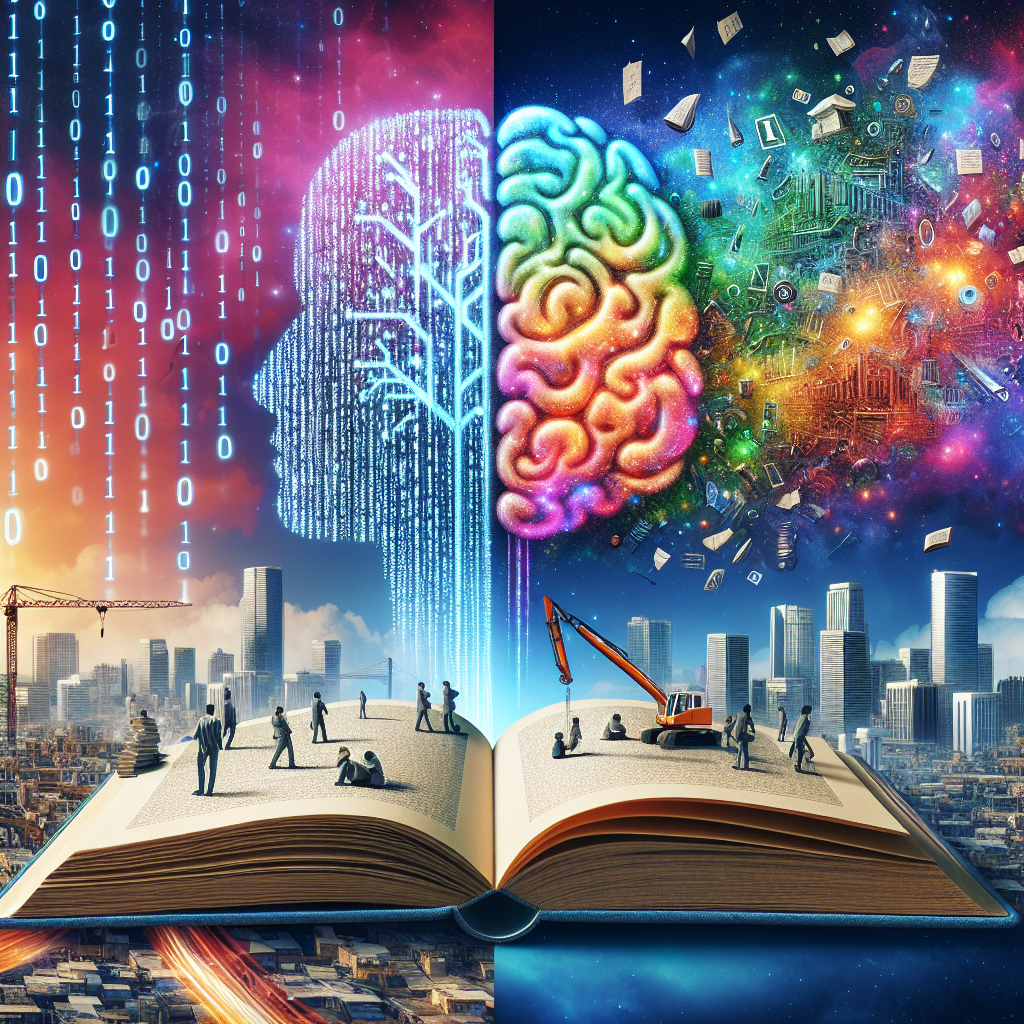As technology continues to advance at an unprecedented rate, the integration of artificial intelligence (AI) into various aspects of our lives has become more prevalent. From automated customer service chatbots to self-driving cars, AI has the potential to revolutionize the way we work, live, and interact with the world around us. However, with this rapid development comes a growing concern about the ethical implications of AI, particularly in the context of the future of work.
Ethical AI refers to the principles and guidelines that govern the development and use of artificial intelligence technologies in a way that is fair, transparent, and accountable. This includes ensuring that AI systems do not discriminate against certain groups, protect user privacy and data, and are designed with human values in mind. As AI becomes more integrated into the workplace, it is crucial that companies and policymakers address these ethical considerations to ensure that AI enhances, rather than hinders, the future of work.
One of the key ethical concerns surrounding AI in the workplace is the potential for job displacement. As AI technologies become more advanced, there is a fear that they will automate tasks that were previously performed by humans, leading to job loss and economic instability. While it is true that AI has the potential to automate certain tasks, it is important to remember that AI also has the potential to create new jobs and enhance productivity in the workplace. By focusing on upskilling and reskilling workers to adapt to the changing demands of the labor market, companies can ensure that AI complements human skills rather than replaces them.
Another ethical concern related to AI in the workplace is the issue of bias and discrimination. AI systems are only as good as the data they are trained on, and if that data is biased or flawed, it can lead to discriminatory outcomes. For example, a recruitment AI system that is trained on biased data may inadvertently discriminate against certain groups based on gender, race, or other factors. To address this issue, companies must ensure that their AI systems are transparent, accountable, and regularly audited to detect and eliminate biases. Additionally, companies should prioritize diversity and inclusion in their AI development teams to ensure that a variety of perspectives are taken into account.
Privacy and data security are also major ethical concerns when it comes to AI in the workplace. As AI systems collect and analyze vast amounts of data about employees and customers, there is a risk that this data could be misused or compromised. Companies must prioritize data privacy and security by implementing robust encryption protocols, data anonymization techniques, and strict access controls to protect sensitive information. Additionally, companies should be transparent with employees about how their data is being used and give them the option to opt out of data collection if they so choose.
Despite these ethical concerns, AI has the potential to revolutionize the future of work in a positive way. By automating repetitive tasks and freeing up employees to focus on more creative and strategic work, AI has the potential to enhance productivity, innovation, and job satisfaction in the workplace. Additionally, AI can help companies make better-informed decisions by analyzing vast amounts of data and identifying patterns and trends that humans may overlook.
In conclusion, ethical AI is crucial for shaping the future of work in a way that is fair, transparent, and accountable. By addressing concerns related to job displacement, bias and discrimination, privacy, and data security, companies can harness the power of AI to enhance productivity, innovation, and job satisfaction in the workplace. As AI continues to evolve, it is essential for companies and policymakers to prioritize ethical considerations to ensure that AI benefits all stakeholders in the future of work.
FAQs:
Q: Will AI replace human workers in the future?
A: While AI has the potential to automate certain tasks, it is unlikely to completely replace human workers. AI is best suited for tasks that are repetitive, data-driven, and rules-based, while humans excel at tasks that require creativity, critical thinking, and emotional intelligence. By upskilling and reskilling workers to adapt to the changing demands of the labor market, companies can ensure that AI complements human skills rather than replaces them.
Q: How can companies ensure that their AI systems are ethical?
A: Companies can ensure that their AI systems are ethical by prioritizing transparency, accountability, and fairness in their development and use. This includes regularly auditing AI systems for biases, protecting user privacy and data, and prioritizing diversity and inclusion in AI development teams. Additionally, companies should prioritize ethical considerations in their AI policies and guidelines to ensure that AI benefits all stakeholders in the future of work.
Q: What are some examples of ethical AI in the workplace?
A: Examples of ethical AI in the workplace include AI systems that are transparent, accountable, and regularly audited for biases; AI systems that prioritize user privacy and data security through encryption and access controls; and AI systems that enhance productivity, innovation, and job satisfaction by automating repetitive tasks and freeing up employees to focus on more creative and strategic work. By prioritizing ethical considerations in the development and use of AI systems, companies can ensure that AI benefits all stakeholders in the future of work.

